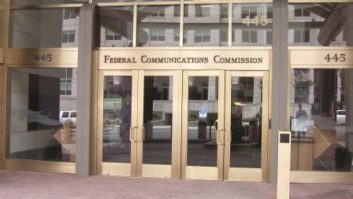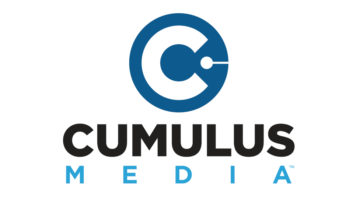Need for EEO rules explored
Sep 1, 2002 12:00 PM, By Harry Martin
In June, the Commission held an en banc hearing on the need for new broadcast and cable equal employment opportunity (EEO) rules.
Former FCC Commissioner Henry Rivera provided a description of the history of the Commission’s EEO rules and policies. The meeting then turned to two panel discussions, each followed by a question-and-answer period. The first panel focused on the challenges of EEO outreach. The panel was weighted toward minority and women’s organizations, including the National Urban League, American Women in Radio and Television and the National Organization for Women and Hispanic Americans for Fairness in Media. These groups said there historically has been employment discrimination in the broadcast industry, that the previous broadcast EEO rules helped reduce the problem, but that more work still needs to be done. These panelists endorsed the return of EEO regulation by the Commission.
Also included on the panel were AFTRA, the Midwest Family Broadcast Group and the executive director of the Texas Association of Broadcasters Ann Arnold. Arnold questioned the need for new EEO regulations. She pointed out that for more than three years the broadcast industry has not been subject to any EEO rules, but that there is no evidence of any new discrimination in employment.
The second panel addressed methods of achieving broad and inclusive outreach. Included on the panel was Cathy Hughes, the founder of Radio One. These panelists recounted their experiences and described recruitment programs that they have found to be successful in attracting diverse applicant pools. Hughes remarked on the difficulty she has in recruiting Caucasian applicants for her minority-oriented stations.
Processing fees increased
Effective Sept. 10, the Commission amended its schedule of application filing fees to reflect changes in the Consumer Price Index � Urban (�CPI-U�) as of Oct. 1, 2001. Copies of a Fee Filing Guide listing the new fees are available at the Commission’s website (www.fcc.gov/formpage.html) or through its Forms Distribution Center at 1-800-418-FORM [3676]. For those keeping track, the CPI-U has undergone a net change of 40 percent since October 1989.
Anti-consolidation legislation
Sen. Russ Feingold (D-WI) has introduced the �Competition in Radio and Concert Industries Act of 2002� to prohibit anti-competitive practices in the radio and concert industries. The new legislation would authorize the FCC to revoke the licenses of entities that use their dominant power in the radio and concert industries to discriminate against musicians, concert promoters or other stations not affiliated with the licensee.
For example, under this legislation a radio station under common control with a concert venue or concert promoter would be prohibited from restricting the promotional giveaways offered by another station in the market. The station with the tie to the concert also would be prohibited from influencing the programming, or terms of sale of such programming, of a nonaffiliated musician or from restricting the ability of a nonaffiliated musician to receive promotional services from nonaffiliated entities. All licensees would be prohibited from extracting money or any other form of consideration from musicians or their representatives in exchange for airing their music.
Additionally, Sen. Feingold’s legislation would require the FCC to designate for hearing any assignment or renewal application by an entity that reaches more than 60 percent of the national radio audience. In effect, this would institute a national ownership cap similar to the national television audience limit (35 percent) that was recently struck down by the Court of Appeals. In such hearings, the licensee would have to prove that it did not participate in these types of improper activities.
Further, the legislation would establish a cap in local radio markets limiting the control of any one entity, including those stations operating under LMAs, to 35 percent of the audience or 35 percent of the advertising revenue in a market. The legislation would also extend the attribution rules to include stations holding an option to purchase another station to just one year. It appears unlikely that this legislation will reach the Senate floor this legislative year.
Martin is an attorney with Fletcher, Heald & Hildreth, PLC., Arlington, VA. E-mail[email protected].
Dateline:
Annual regulatory fees for 2002 are due no later than Sept. 25, 2002.











